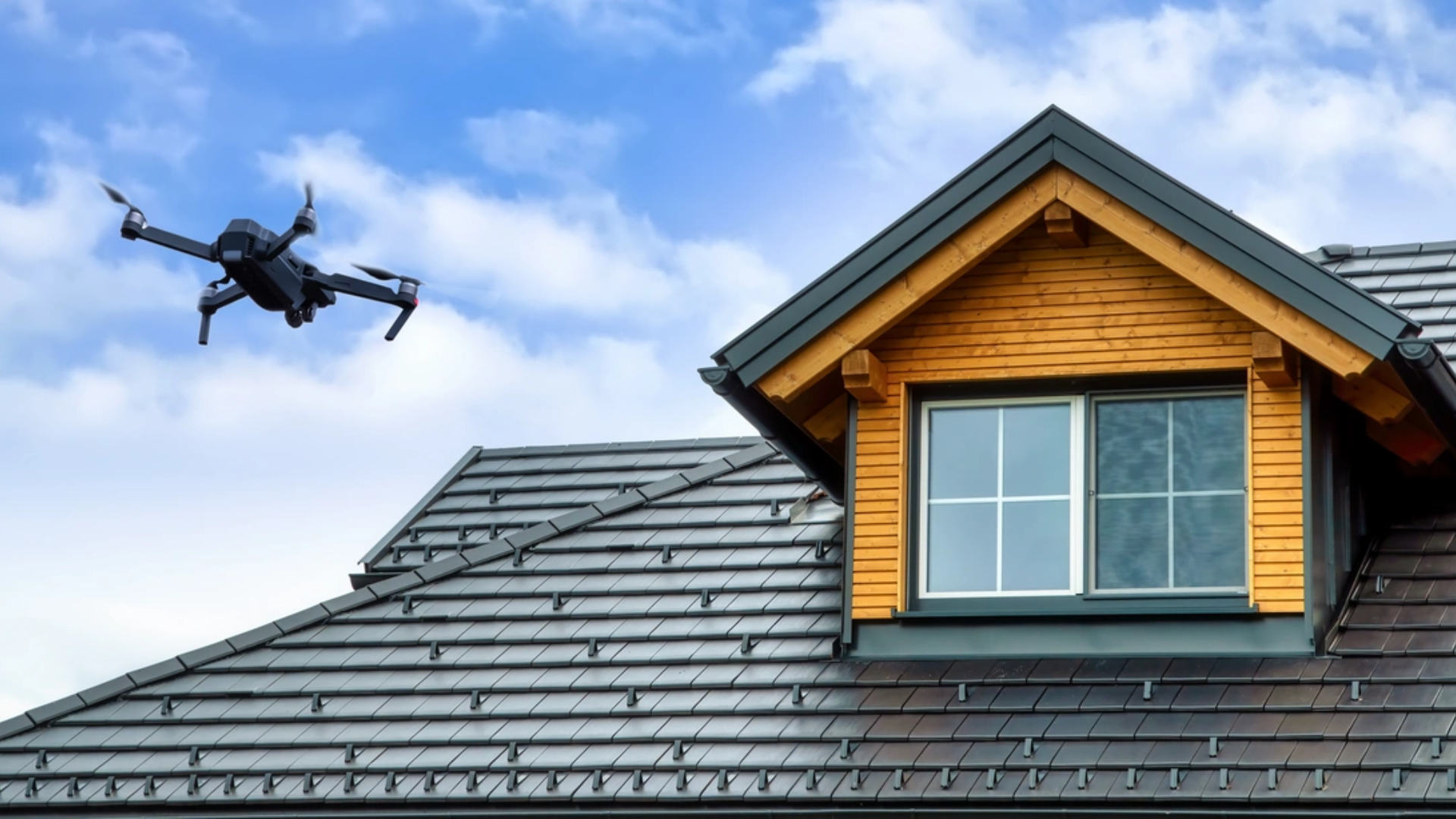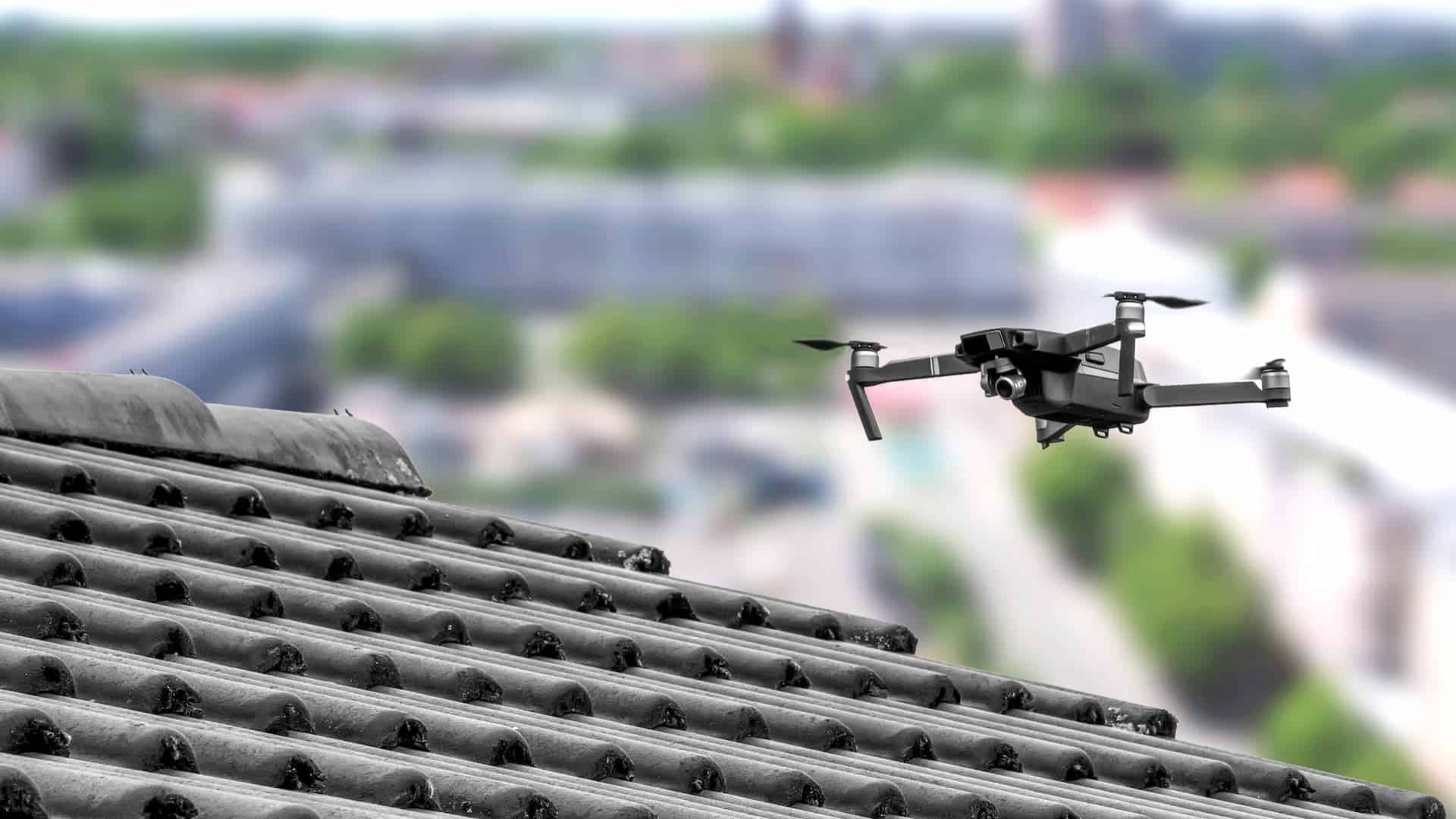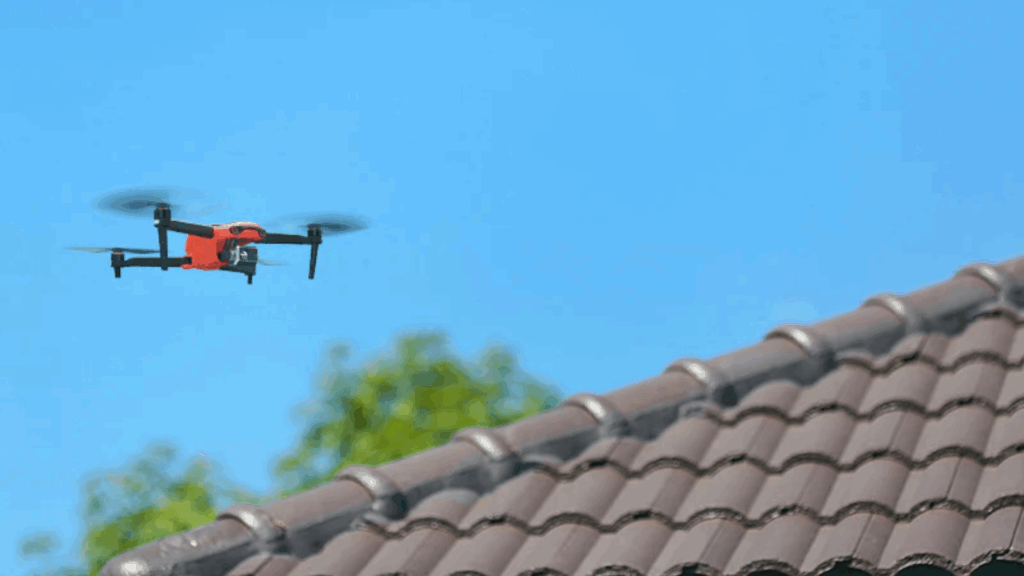Setting the right price for drone roof inspections can be tough. You need to cover costs and make a profit without pricing yourself out of potential clients.
The good news is, there are several factors you can consider to help you figure out what to charge. If you’re new to this business or just looking to adjust your rates, I’m here to help you get it right.
I’ll walk you through what affects the price of drone roof inspections, from the size of the job to the technology you use.
Trust is key in this industry, and by offering fair, clear pricing, you can build long-term relationships with clients.
By the end of this, you’ll have a better understanding of how to price your services and attract more business without undercharging or overpricing.
How to Calculate Your Pricing?
When calculating your pricing for drone roof inspections, start with a base price based on the service type, such as residential or commercial.
Residential inspections cost less, while commercial projects often require higher rates due to size and complexity.
Next, consider any additional fees. For example, if the location is far from your base or if the roof structure is complex, you may need to add charges for travel time or special equipment.
If you’re providing extra services like high-quality photos, detailed reports, or videos, include those as additional costs.
Another decision is whether to charge by the hour or a flat rate. Hourly rates are great for smaller or less predictable jobs, while flat rates work well for standard inspections with clear expectations.
Lastly, research your competitors’ pricing to ensure your rates are competitive but still profitable. Adjust your pricing as needed to stay in line with the market.
Typical Price Ranges for Drone Roof Inspections

The price for drone roof inspections can vary widely based on factors like the size of the roof, its complexity, and the location of the property.
- National Average: Residential roof inspections typically cost between $250 and $350. This is common for smaller homes and standard roof types, with prices varying based on factors like roof condition, access, and roof features.
- Common Range: Prices for roof inspections can range from $100 to $750. Smaller, simpler roofs in rural areas are priced lower, while larger, more complex roofs in urban areas tend to cost more.
- Hourly Rates: Hourly rates generally range from $80 to $250 per hour, with most jobs taking 1–2 hours. The time spent depends on the roof size, accessibility, and any additional services, like reporting or photos.
- Commercial Jobs: Commercial inspections cost between $750 and $1,000+ for larger or complex properties. These jobs often require specialized equipment and more time due to the size and complexity of the roofs.
Key Factors that Affect Pricing
Several factors influence the price of drone roof inspections, ensuring that rates reflect the work’s complexity and value. Understanding these elements will help you set competitive and fair prices for your services.
1. Roof Size and Complexity
Larger roofs or those with intricate designs take more time to inspect. Features like multiple slopes, chimneys, or skylights often require specialized equipment and careful maneuvering, leading to higher costs.
The more complex the roof, the more resources and time are required, increasing the overall price.
2. Location
Inspection prices can vary significantly depending on location. Urban areas with higher demand or regions with specific regulations may see higher pricing.
In addition, areas with higher competition might drive prices down, while those in rural regions may be more affordable due to fewer service providers. Local building codes and permits also play a role in the final cost.
3. Type of Inspection
Basic visual inspections are generally less expensive, as they rely on standard drone cameras for capturing images and footage.
However, advanced services such as thermal imaging, 3D mapping, or detailed structural analysis require specialized equipment and software.
These inspections offer more in-depth information, justifying higher fees for the added value they provide.
4. Operator Experience and Certification
Highly experienced, certified drone operators can command higher rates due to their skill, knowledge, and professionalism.
They are often more efficient, able to perform more complex inspections safely, and deliver higher-quality results. Their expertise ensures accuracy, reducing the risk of errors and offering peace of mind for clients.
5. Equipment Quality
The type of drone used significantly affects the price. High-end drones with advanced capabilities such as high-resolution cameras, thermal sensors, or GPS tracking systems can produce superior results.
These drones typically require higher initial investments and maintenance, which is reflected in the pricing of the inspection service.
6. Reporting and Deliverables
If a client requires a comprehensive report, detailed analysis, or fast turnaround, the cost of the inspection may increase.
Custom reporting, including measurements, documentation, or video footage, adds time and effort to the process.
Additionally, clients who need urgent deliverables or quick processing of the data may face higher fees to cover the accelerated service.
Tips for Setting the Right Price

Setting the right price for drone roof inspections is key to ensuring profitability while staying competitive. These are some tips to help you find the balance:
- Avoid Underpricing: Underpricing may attract clients, but it risks hurting your long-term profitability and quality of service. Ensure your rates reflect the value you provide.
- Value-Added Services: Offer extras like detailed reports or high-resolution imagery to justify higher prices and distinguish your services from competitors.
- Seasonality: Adjust pricing for peak seasons or poor weather, when demand is higher or additional effort is needed to complete the inspection.
- Offer Discounts for Multiple Inspections: Provide discounts for bulk services or repeat clients to encourage business and foster long-term relationships.
- Consider Your Costs: Make sure your pricing covers expenses such as equipment, software, and insurance, while still allowing for profit.
- Research Competitors: Research local competitors to ensure your pricing remains competitive while reflecting the quality and value of your service.
- Flexible Pricing Models: Offer different packages based on inspection complexity, allowing clients to choose the service that fits their needs.
- Be Transparent with Clients: Clearly explain what’s included in the price to build trust and demonstrate the value of your service.
Conclusion
Setting the right price for drone roof inspections is crucial for your business’s success.
By considering factors like roof size, location, and the type of inspection, you can determine a fair price that reflects the value you provide.
It’s important not to underprice, as this can affect the quality of your work and your ability to make a profit. Offering value-added services, like detailed reports or high-resolution images, can help justify higher rates.
Keeping an eye on the competition and adjusting your pricing accordingly is also key. You might even want to offer discounts or package deals for repeat clients.
Your pricing should reflect your experience, equipment, and the unique value you offer.
By pricing strategically and doing your research, you can stay competitive, attract more clients, and build a successful drone roof inspection business.
Frequently Asked Questions
What Is a Drone Roof Inspection?
A drone roof inspection uses unmanned aerial vehicles (UAVs) to inspect and assess the condition of roofs, providing detailed imagery and reports without the need for ladders or scaffolding.
Why Choose Drone Roof Inspections Over Traditional Methods?
Drones offer faster, safer, and more detailed inspections, reducing the need for ladders or scaffolding, and providing high-quality aerial footage and imagery without putting workers at risk.
Do I Need to Be Certified to Operate a Drone for Roof Inspections?
Yes, in most areas, drone operators must have certification, such as the FAA Part 107 certification, to legally conduct commercial drone operations like roof inspections.

